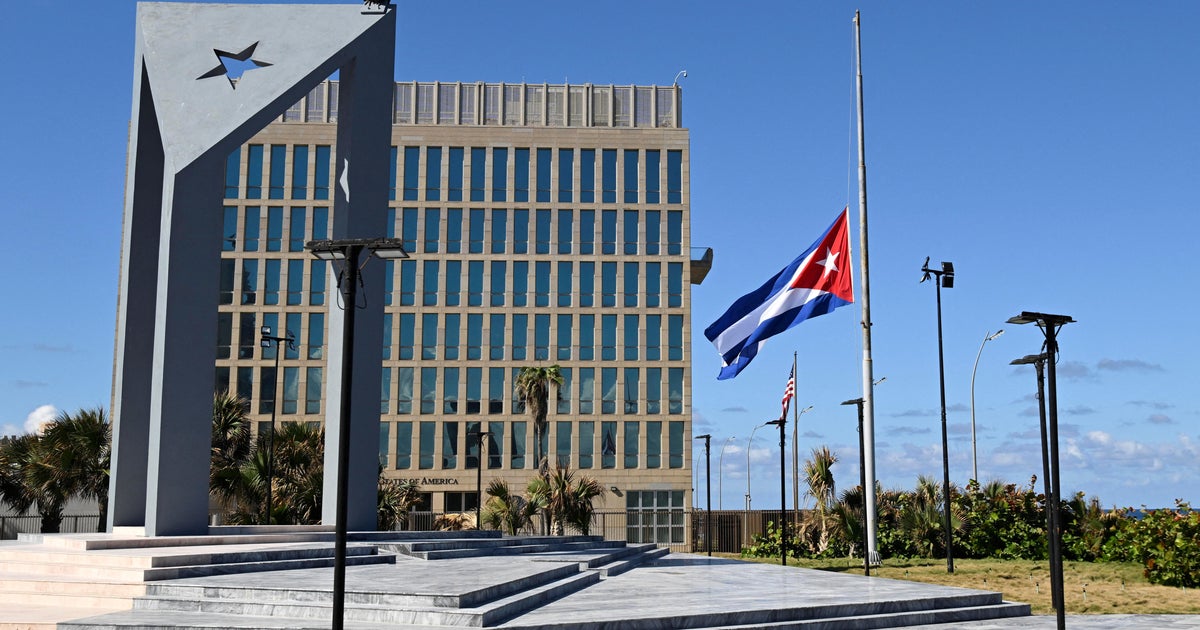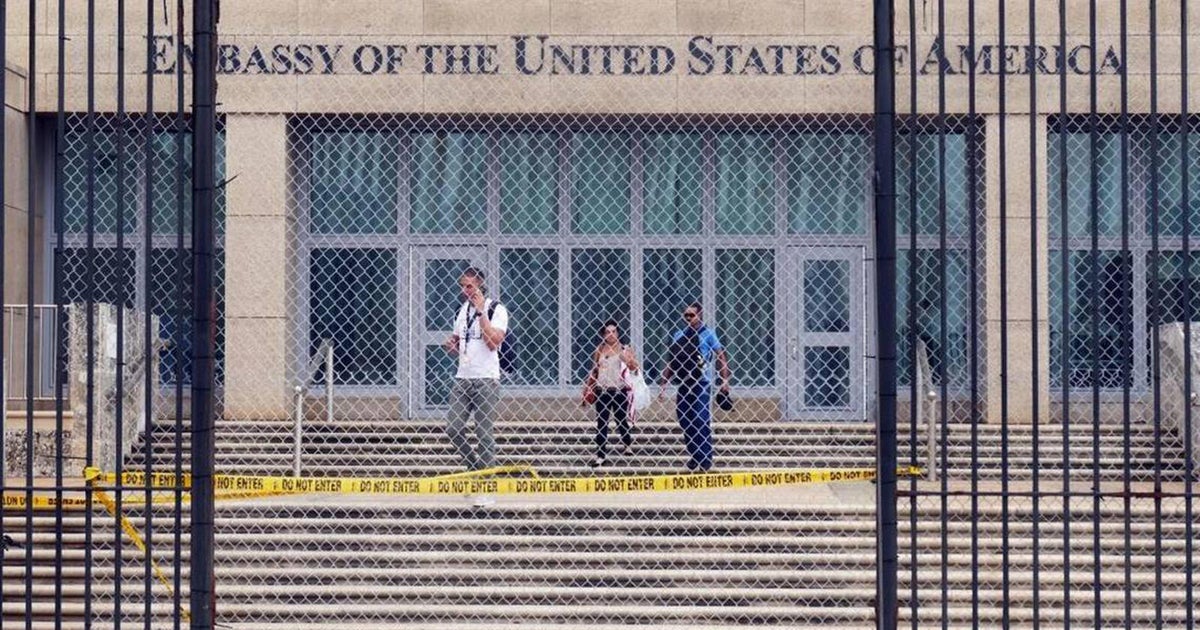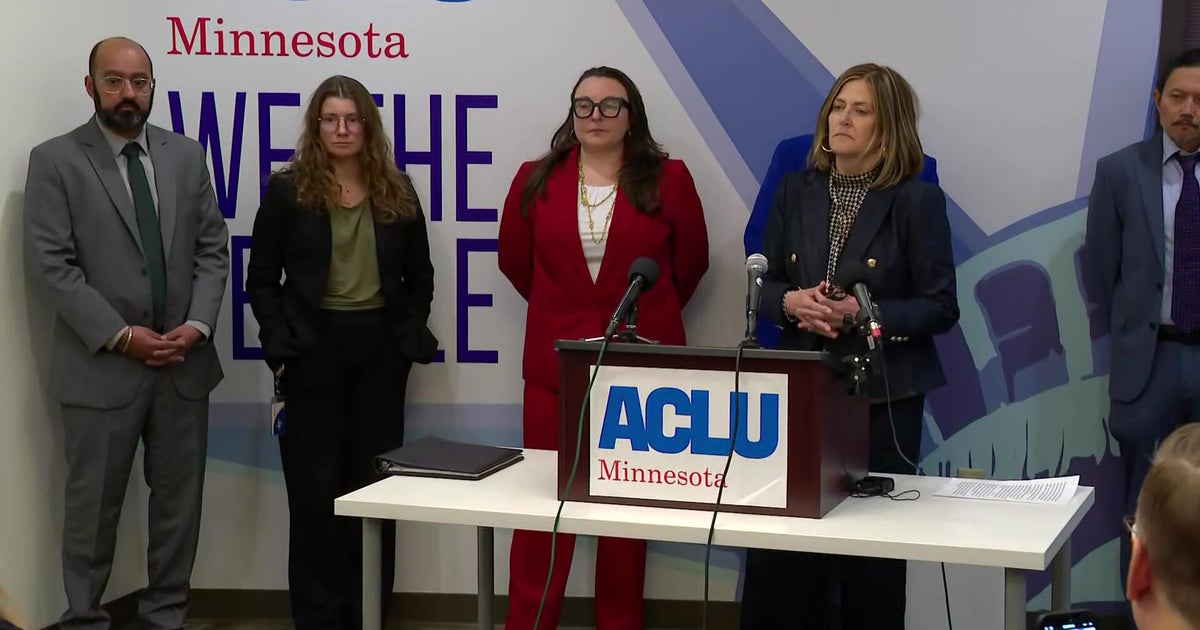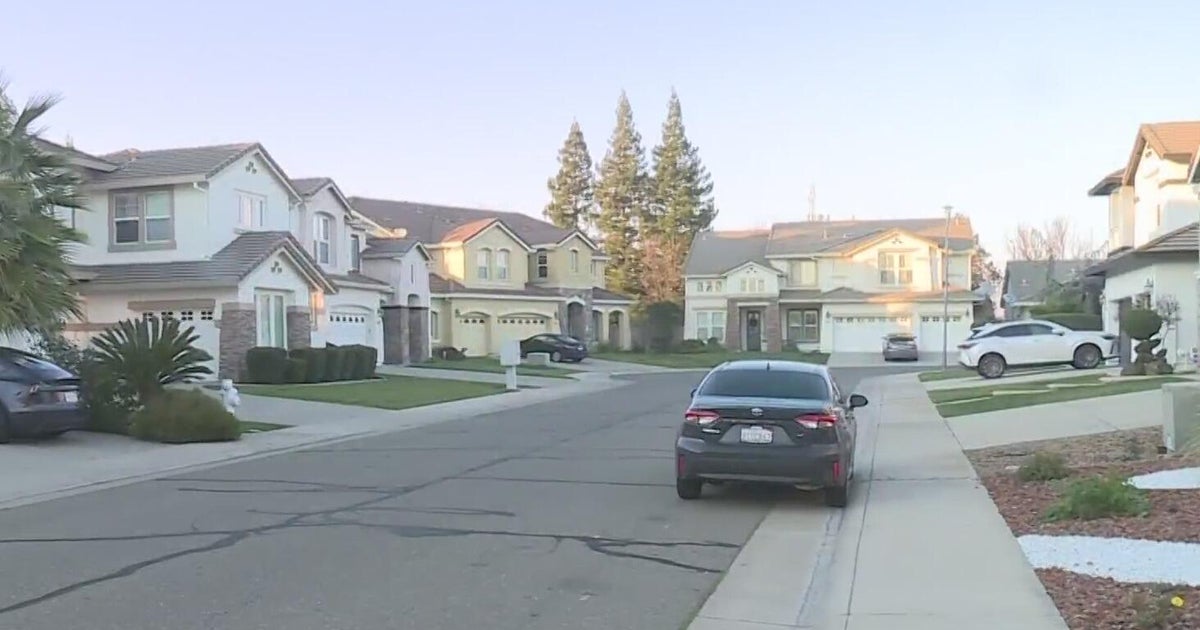'I Am Worried There Will Be Fewer Of Us,' Says Campaigner Against Down Syndrome Test
(CNN) -- Natalie Dedreux has spent months campaigning against a plan to make a blood test for Down syndrome free in Germany.
While its proponents say the prenatal test is a safer alternative to current procedures and should be available to everyone, Dedreux believes it will lead to people like her being "sorted out."
Dedreux, a 20-year aspiring journalist from Cologne, has the condition. "I am worried that if pregnant women find out their baby has Down syndrome, they will decide against us .... because they are scared," she wrote on her blog.
She has attended protests against the plan and has met German Chancellor Angela Merkel to discuss it. She also started a petition that has been signed by more than 20,000 people.
Down syndrome is a genetic condition caused by an extra copy of chromosome 21. It can result in learning disabilities and distinctive facial characteristics.
The syndrome can be detected during pregnancy, but the common way of doing that -- by using a needle to take a sample of the amniotic fluid surrounding a baby in the womb -- is invasive and carries a risk. According to the UK's National Health Service, the procedure carries an estimated 1 in 100 chance of causing a miscarriage.
A non-invasive test is already available in Germany, but women who want to take it have to pay for it privately. It costs between €150 and €300 and works by looking at the DNA of the unborn baby, which floats freely in its mother's blood.
Germany's Federal Joint Committee has on Thursday decided that the test should be free for women with high-risk pregnancies.
The body represents doctors, hospitals and health insurance funds and makes decisions on which medical services should be covered by the country's mandatory medical insurance. However, the committee said the test should only be available together with "intensive" counselling. It said that it would be unethical to use it as a "screening." It also suggested developing a special information system for those who take it.
However, the decision is not yet final — the issue will now be considered by the Federal Ministry of Health, which can veto it.
A less risky test
Germany's health minister, Jens Spahn, has spoken in favor of making the test free. He said it is much less risky than the amniotic fluid procedure, which is already free for women whose pregnancies are deemed high-risk.
"The financial situation of the woman should not be a factor, it's not acceptable that only women with enough money could afford the test," said Christine Aschenberg-Dugnus, a member of the German parliament for FDP and another advocate of making the procedure free.
She said that it would be wrong to force women to pay for the less invasive procedure while the risky one is free, but added she doesn't think the test should be required. "There is a right to know, but also a right not to know."
The German Society for Gynecology and Obstetrics also said the test should be free for women with high-risk pregnancies because it's safer than the current method.
'Life with Down syndrome is cool'
But Down syndrome support groups and the Catholic church are warning against the move, saying it could lead to more abortions and to families with disabled children being stigmatized.
"I am worried these supposedly harmless instruments will pave the way to 'selection mentality,' " said Thomas Sternberg, the president of the Central Committee of German Catholics.
In a statement issued by the church, he added that it must not be the case that parents who opt not to have the test would need to justify their choice.
Bishop Gebhard Fürst, who chairs the bioethics committee of the German Bishops' Conference, said that "selecting human life based on genetic criteria" goes against the duty to respect the dignity of human life.
Statistics from countries including the UK and Denmark show that a majority of women who get a Down syndrome diagnosis in the early stages of pregnancy opt for a termination.
Abortion is only permitted in Germany in the first 12 weeks of pregnancy and only following a specialist consultation. Termination later than that is only legal if there is a medical reason or if the fetus is diagnosed with a disorder, including Down syndrome.
"It is not social progress if the life of unborn children is questioned prenatally due to their genetic characteristics," said Dr. Elzbieta Szczebak, the managing director of the German Down Syndrome InfoCenter. "In times of inclusion it is a social step backwards."
Dedreux, the aspiring journalist, said she was worried that free testing will lead to fewer babies being born with Down syndrome. "It's not good to be alone," she said.
"You shouldn't be afraid of us anymore, life with with Down syndrome is cool."
The-CNN-Wire
™ & © 2019 Cable News Network, Inc., a Time Warner Company. All rights reserved.








